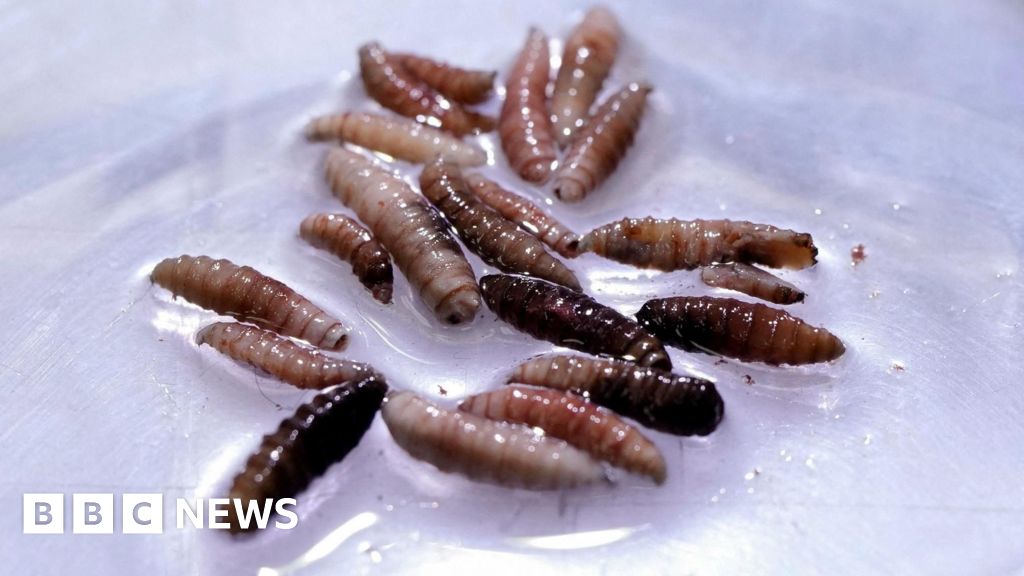The number of animals infested with New World screwworm (NWS), a flesh-eating parasite, has risen by 53% in the four weeks to mid-August, according to Mexican government data.
While infestations by the fly larvae primarily affect cattle, Mexican officials also registered cases in dogs, horses, sheep, and even humans.
Local media reports indicate that dozens of people have been treated for infestations in hospitals across the southern Mexican states of Campeche and Chiapas.
This alarming surge comes shortly after US health authorities confirmed the first human case of NWS in a patient returning from El Salvador.
NWS was declared eradicated in the US in 1966 and in Mexico in 1991, yet it has persisted in tropical and subtropical regions of Central and South America, spreading slightly northwards with cases re-emerging in Mexico since November 2024.
Female screwworm flies (Cochliomyia hominivorax) deposit their eggs in or near open wounds on warm-blooded animals. The larvae hatch and burrow into the tissue, causing myiasis, which can be deadly if left untreated.
While fatal cases in humans are rare, higher risks are noted for those with pre-existing health issues and the elderly. An 86-year-old woman in Campeche died in July from skin cancer exacerbated by a screwworm infestation.
Agricultural workers and residents in rural areas are most at risk, prompting officials to issue health advisories. Symptoms to watch for include unexplained skin lesions and the movement of larvae in wounds.
Experts emphasize preventive measures for those visiting affected regions, such as keeping wounds clean and covered and using insect repellent. Prompt medical attention is advised for anyone suspecting an infestation.



















